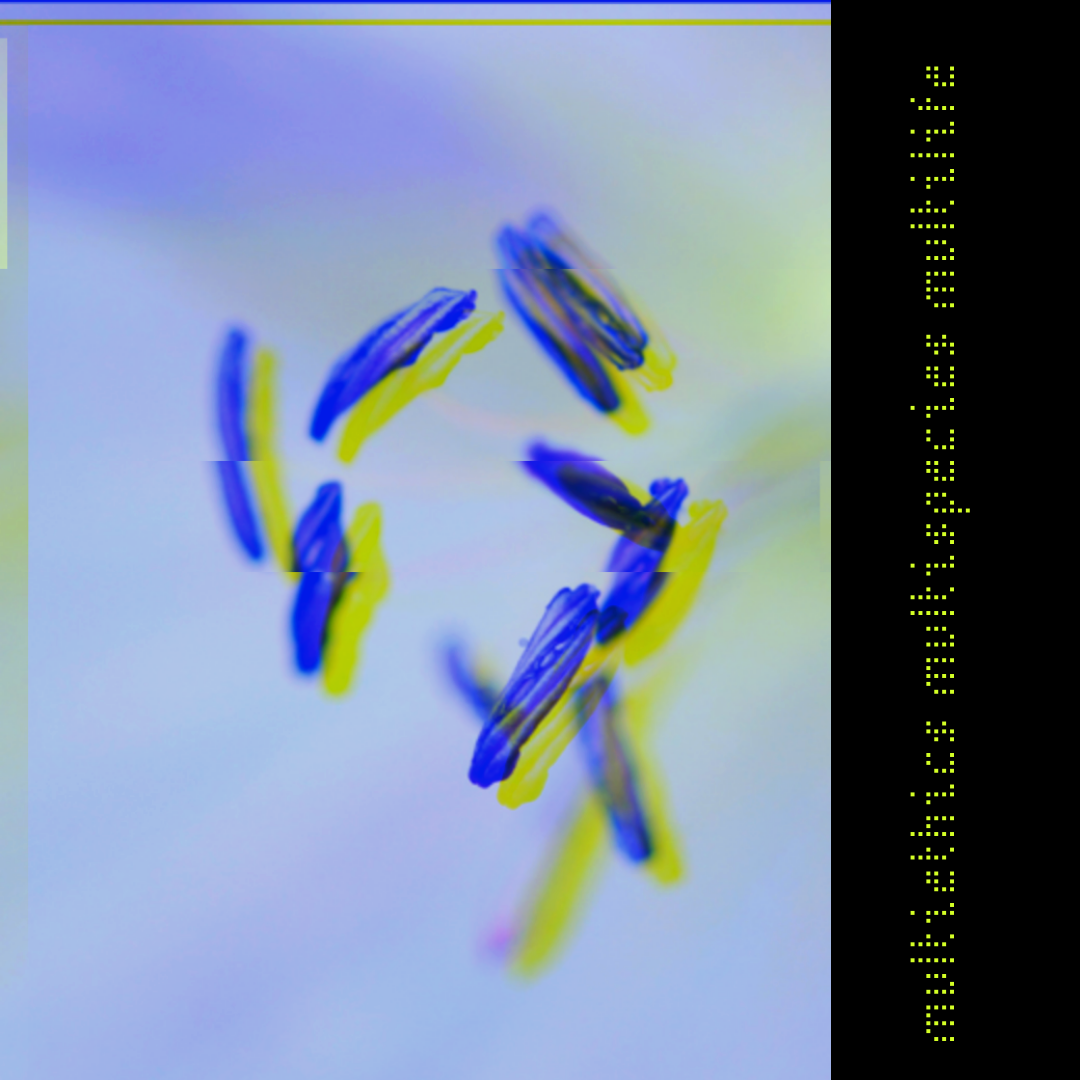
Elizabeth Johnston Ambrose
Artist Statement: Talking & Listening to Plants
I spent my childhood outside. I think many of us who grew up before the advent of cell phones can say the same. My fondest memories are of exploring the marshy woods behind our house in Camp Lejeune, NC. I adored the freedom of those days and spent them building forts, finding vines strong enough to swing on, and chasing after the ubiquitous chameleons that populated the landscape.
As I grew older, my relationship with nature changed and I spent more time indoors, exploring the imaginary landscapes of books. I forgot my love of the outdoors and my necessary connection to it. However, after I met my husband, he introduced me to the Adirondack Park in northern New York. I remember on our first hike, which was to Marcy Dam on a late November day, experiencing what can only be described as a homecoming. I paused to inhale the sweet balsam and pine. How, I asked myself, had I allowed so much of my life to be spent away from nature—from this part of me? We started planning our vacations so as to spend as much time as possible in the region.
However, I still hadn’t abandoned myself to nature fully; not in the way a child does, joyfully splashing in muck, calling to sparrows, believing that she might actually live this way forever—deep in the woods, sustaining herself on foraged blackberries, bird song, and mud pies.
I think this failure to fully connect with the natural world has to do with an acquired distrust we develop about our bodies. I have taught writing-as-healing classes for over a decade, so I know that one of the reasons we lose our childlike connection to our bodies’ pleasures has to do with trauma and the corresponding self-defense mechanism of shutting ourselves up in our minds. We stop trusting our senses. We feel betrayed by the needs and desires of our bodies.
And there is this other thing: perhaps, we love the earth so much, we are afraid of what might happen to it. So we burrow down and in. We submarine our bodies, develop a relationship with the world as through a periscope.
Last summer, I planned several weeks camping by myself in Western, NY. I spent mornings kayaking through the chain of connected ponds in the Adirondack region, silently watching blue herons stalk frogs among tall grasses. Afternoons, I hiked the trails near my campsite, allowing my curiosity to guide me, bending to examine the underside of leaves, stunned by the fairytale beauty of algae-laced bogs. In the evenings, by the light of my campfire, a family of loons calling to each other across the pond, I began, for the first time, to really listen to my body and to write from it.
I wrote in my journal every night. One of my first entries from last summer reads: “I am here to figure out if I still have a body or if after decades of denial my body has turned shell….” I wanted to let the natural world crack me open, to expose the fruit of my truths. I focused my attention on how my body was responding to the wildness around me, recording my sensations in my journal without analyzing and seeking to understand them, without trying to convert feeling into sense. I wanted not to editorialize or mediate between the natural world and my body. In another entry I wrote, “Everything I want in this life is here, immortal and eternal, soft and familiar. Like a mother’s hand on a fevered forehead.” I had come to this place with a sickness—a homesickness. By returning to nature—to the communal table of pine and birch, pond and loon—I came back to my body. I re-learned the trust fall of the self, to let go and collapse backwards into the certain and uncertain truths that make up my living. My poems in this issue of Plant-Human Quarterly were written from this intentional place of connection and truth.
Elizabeth Johnston Ambrose’s writing appears in The Atlantic, Rattle, McSweeney’s, Emrys, and the collection Nasty Women Poets, among others. She is the author of two chapbooks: Imago, Dei (winner of the 2021 Rattle Chapbook Prize) and Wild Things (Main Street Rag, 2021). Co-founder of Straw Mat Writers, she teaches poetry and gender studies in Rochester, NY and facilitates a writing group for the Breast Cancer Coalition of Rochester. She spends her summers with her husband and dogs camping, hiking, and kayaking in the Adirondack Park.


